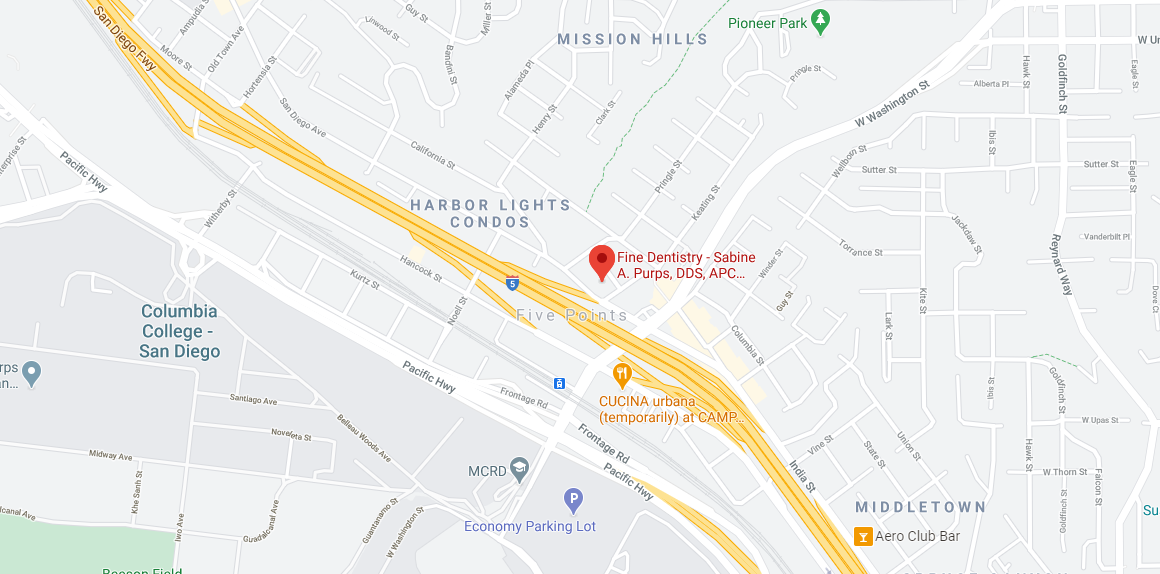The purpose of the Mouthguard
Before you know mouthguard…do you know bruxism, sleep apnea can be unhealthy for your physical health?
To avoid all the aforementioned problems, you need one solution: wear a mouthguard!
What is a mouthguard?
The mouthguard is a mouthguard. It is widely used to prevent teeth grinding and sports accidents.
It is a dental shield worn to keep the teeth, tongue, jaw, and cheeks safe.
Mouthguard for teeth grinding:
Teeth grinding is also known as bruxism is a condition where you clench or grind your teeth.
There are two types of bruxism; sleep bruxism and awake bruxism.
Sleep bruxism is when you clench or gnash your teeth when in sleep.
Awake bruxism is when you unconsciously clench your teeth during any task.
Bruxism causes your jaw to be stiff. It also causes earache, toothache, sensitivity, and might also lead to TMJ disorder.
How does a mouthguard prevent teeth grinding?
When you wear it, it keeps the upper and lower jaw separate. This prevents the damage done by teeth grinding.
For bruxism, your dentist in San Diego will suggest a custom-fitted mouthguard.
Mouthguard for sleep apnea:
Sleep apnea is an even more severe problem. It is a disorder that causes breathing problems. The breath starts and stops abruptly.
There are three types of sleep apnea.
Obstructive sleep apnea:
It is the most common type of sleep apnea. It occurs due to the functional obstruction in the throat.
People with OSA feel tired after waking up. Or they wake up with a racing heart or gasping for oxygen. Obstructive sleep apnea causes a lack of sleep and that’s when frequent headaches become your companion.
Central sleep apnea:
It’s not the airways in central sleep apnea, rather the brain. The nervous system and brain do want to breathe while you’re asleep. That’s when people wake up short of breath.
Central sleep apnea is not related to dentistry. Therefore, if you have these symptoms, you must get in touch with your physician.
Complex sleep apnea:
It is a combination of both obstructive sleep apnea and central sleep apnea.
Headaches and dry mouth are the symptoms of sleep apnea. Your physician will guide you best for the treatment of complex sleep apnea.
But, how does a mouthguard prevent sleep apnea?
The only sleep apnea related to dentistry is Obstructive sleep apnea.
Although there are many other treatments for sleep apnea, your physician might suggest wearing it at night.
Wearing a custom-made mouthguard will push the lower jaw as well as the tongue forward. This will help in keeping the airways clear and open.
Only custom-made mouthguards will be helpful in obstructive sleep apnea.
Mouthguards as a safety measurement
Wearing a mouthguard not only improves your sleep quality but also prevents accidents.
It is required to wear a custom-made mouthguard while playing any sport to prevent dental injuries.
They are clearly promoting a healthy and happy lifestyle. And, if you also want one, get a mouthguard for yourself right now.
Call your dentist in San Diego to get a customized mouthguard and be safe!

